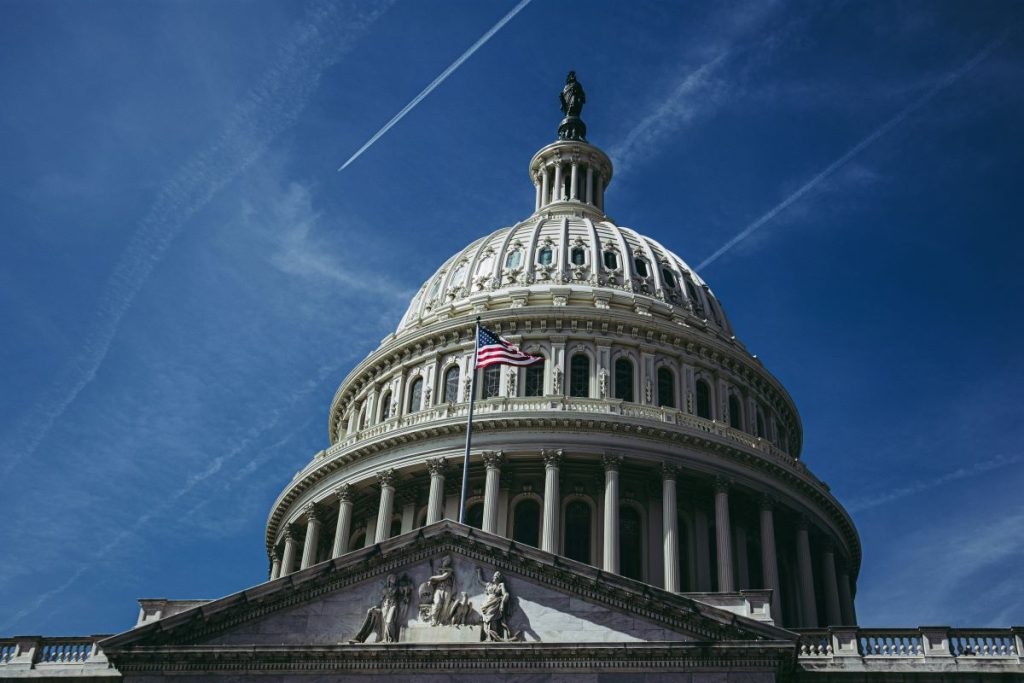U.S. Tariffs Prompt Legal Challenges for Global Supply Chains President Donald Trump’s recent declaration of a 10% tariff on Chinese imports starting February 1st presents both increased operational costs and significant legal risks for U.S. businesses. Detailed in a White House press briefing, this measure is part of broader adjustments in trade policies aimed at addressing trade imbalances and drug trafficking concerns.
Legal Implications of Tariff Compliance
These tariffs, intended to penalize China for the alleged importation of fentanyl into North America, highlight the U.S.’s tough stance on trade practices. For U.S. companies relying on Chinese manufacturing, these tariffs could lead to severe legal challenges if they choose to modify or terminate existing contracts in response to the new trade landscape.
Potential for Contractual Disputes and Blacklisting
Companies that alter engagements with Chinese partners due to new tariffs or broader U.S. sanctions could face legal battles and risk severe consequences, including being blacklisted by Chinese authorities. Such disputes could cripple a company’s operational capabilities in critical markets, extending beyond simple litigation to more substantial business disruptions.
Strategic Adjustments and Risk Management
Given these complexities, it’s crucial for supply chain directors to strengthen their contract management practices and consult legal experts to navigate U.S. and international law compliance. Robust risk management strategies are essential to mitigate potential legal and financial fallout from the tariffs.
A Proactive Approach is Necessary
The imposition of new tariffs necessitates proactive legal and strategic planning. Facing potential contractual disputes and the threat of blacklisting, U.S. companies must adopt a comprehensive approach to their international dealings. This might involve diversifying supply chains, enhancing compliance training for procurement teams, or improving transparency with overseas partners.
By proactively addressing these legal risks, companies can better manage the uncertainties of global trade, ensuring compliance and safeguarding their operations.



